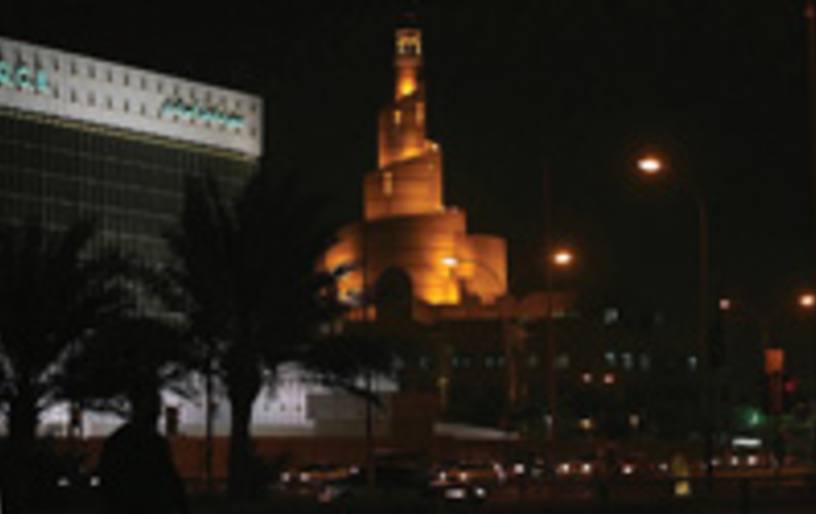When the Qatar Central Bank (QCB) instructed conventional commercial banks operating within the country's financial jurisdiction to close their Islamic finance operations, the country’s banking community was taken aback. For one thing, very few observers had seen this directive coming. More importantly though, the QCB's reasoning for this decision - that it saw higher risks from conventional lenders operating Islamic units - appears to undermine arguments about how Islamic finance can bring greater stability to financial activity compared with conventional financial practices.
The QCB issued specific directives to each of the country’s conventional banks that have Islamic branches. It told them “to stop opening new Islamic branches, accepting Islamic deposits and dispensing new Islamic finance operations”. Out of seven registered conventional Qatari banks, six have Islamic banking windows. As part of the directive, those six as well as two foreign banks (HSBC and Arab Bank) will have to comply by December 31, 2011.




